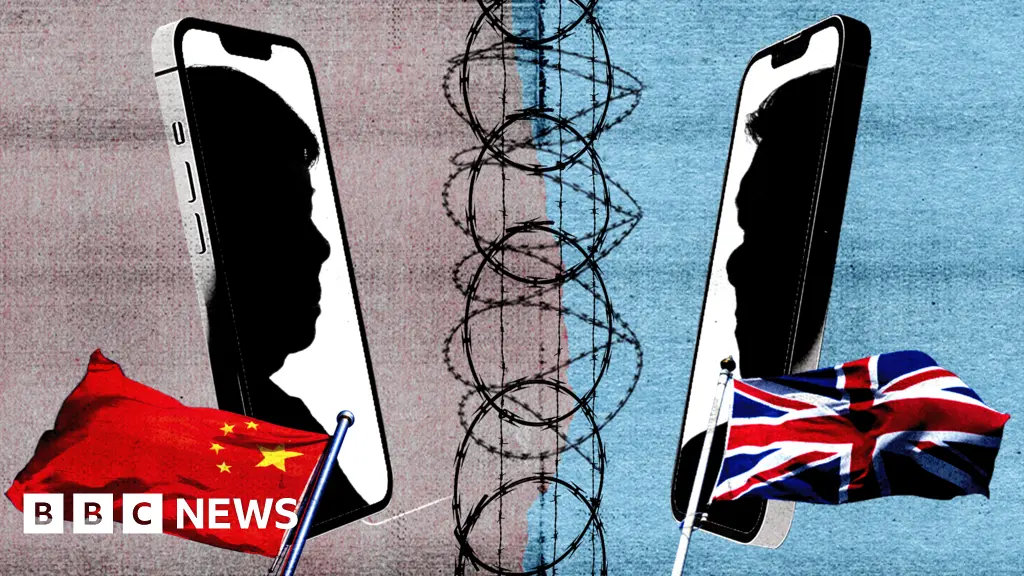- cross-posted to:
- [email protected]
- [email protected]
- [email protected]
- globalnews
- cross-posted to:
- [email protected]
- [email protected]
- [email protected]
- globalnews
cross-posted from: https://lemmy.zip/post/863209
Archived version: https://archive.ph/5Ok1c
Archived version: https://web.archive.org/web/20230731013125/https://www.bbc.co.uk/news/world-66337328



Two things about this:
It doesn’t require “conspiracy” on the scale of dozens of different international organizations conspiring and then working in lock step. What you have is a set of media entities (following the governments who they have a vested interest in getting along with) following their individual interests of publishing bullshit, and when another company publishes bullshit of the same genre you are publishing, there’s a good chance you will find it worthwhile to recycle their reporting (as many do with AP and BBC articles, for example). There is no need for these groups to “conspire” to produce this result, there is only need for common interests that are observably true to us. Circular citations making spurious claims again, say, China is the natural result of media outlets being aligned with an entity like NATO because of a number of factors like funding and access journalism. That’s the market for you.
The view that conspiracy is an epistemic hazard (though it does certainly happen) is correct and important. I encourage you to keep that in mind next time you read an article about North Korea calling basically every observed part of the country a potemkin village, or all the flimsy claims of subterfuge by China when they do things that are normal for other states but blown up into world-domination catastrophizing when the BBC puts it through its very filtered lens.